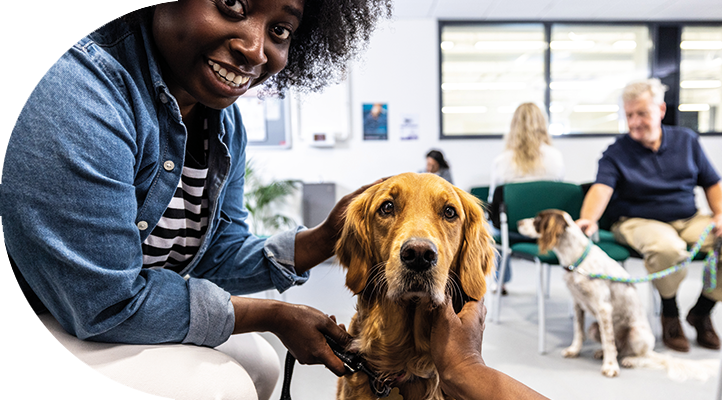Sustainability Report 2023
A Thorough Approach to Defining our Sustainability Strategy
In spring 2022, we conducted a materiality assessment to identify the most important sustainability topics to us as a business and to our stakeholders.
The results of the assessment will shape our sustainability strategy, drive our engagement with stakeholders and help us prioritise areas of focus, target setting and guide our reporting and disclosure moving forward.
Our Approach to Materiality Assessment
Ahead of performing the assessment, and in order to identify material sustainability topics, we considered those that we were already working towards as part of our Making a Difference plan. We also performed additional desk based research from leading sustainability reporting frameworks and peers on those topics that are deemed to be important within our industry as well as obtaining feedback from investors and other stakeholders, including key management, on thematic sustainability topics.
In conducting the assessment we surveyed 276 people from our six stakeholder groups and asked them to rank 31 sustainability topics in order of importance.
Our Materiality Assessment Findings
Key topics identified as part of the assessment such as animal health and wellbeing, human rights and equality in the workplace are fully aligned to our Making a Difference plan and will continue to form the basis of our engagement with stakeholders. Our findings showed that there is increasing demand from stakeholders to understand our environmental strategy, including our approach to climate change, responsible consumption and production and biodiversity. Our community related philanthropic actions are established and appear to be well understood.
Outlook
Our focus will remain on those topics deemed to be of most importance to our stakeholders. We will continue to engage with stakeholders and embed sustainability into the DNA of our business, but acknowledge that we will need to remain agile and adapt to new demands, legislation, changing trends and technological advances, all of which will result in the evolution of our Making a Difference plan over time.
Materiality Assessment Pathway

Our Materiality Assessment Identified a Total of 11 Topics Across our Sustainability Pillars
Overview of our approach
We have conducted a sustainability materiality assessment for the first time this year to identify the most important sustainability topics to us as a business and to our stakeholders.
The results of this assessment have helped shape our sustainability strategy, drive our engagement with stakeholders and prioritise areas of focus and target setting whilst guiding our reporting and disclosure in this area moving forward. For further information please read Our Approach to Sustainability.
Key
|
Pillar |
Sustainability Topic |
Focus Area |
Objective |
|---|---|---|---|
| Business | |||
Business |
Animal Health and Welfare |
Ethical and sustainable products |
Develop and promote products to sustainably improve animal health and welfare |
|
Customer Satisfaction |
Supporting veterinary professionals |
Maintain and improve the knowledge and skills of veterinarians |
|
|
Trust and Transparency |
Ethics |
Act with honesty and integrity |
|
| Environment | |||
Environment |
Integrated Climate Strategy |
Emissions, Land & Water and Biodiversity |
Reduce GHG emissions and waste to landfill, use water responsibly and protect diversity |
|
Waste Management |
Circularity |
Recover, reduce, recycle, reuse |
|
|
Plastic leakage |
Responsible Sourcing |
Implement sustainable packaging and decrease plastic usage |
|
| People | |||
People |
Wage Policy |
Fair Employment Practices |
Comply with national legal requirements regarding wages and working hours |
|
Human Rights |
Safe Working Practices |
Reinforce health and safety practices, with a culture of zero harm |
|
|
Equality in the Workspace |
Fair Employment Practices |
Eliminate the gender pay gap |
|
| Community | |||
Community |
Community Involvement |
Community Activities |
The donation of time, products and skills to local charities |
|
Philanthropic Activities |
Community Donations |
Establish Regional Giving Committees to allow our people to make a difference locally |

